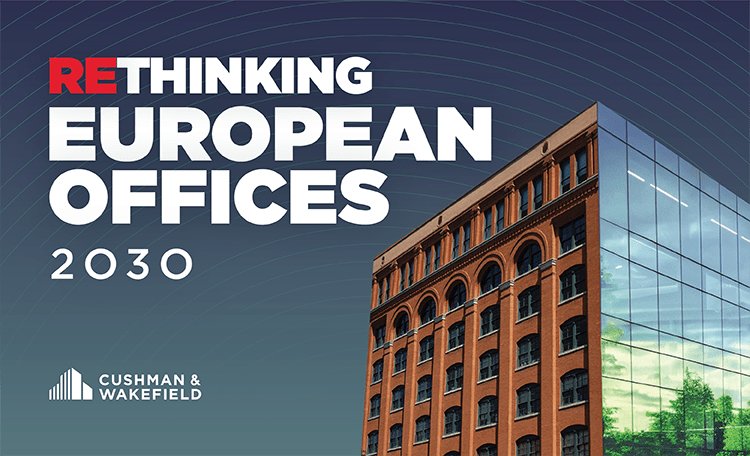After a period of uncertainty, the European real estate market for life sciences is showing signs of stabilisation. According to the latest "Life Sciences Update" from Cushman & Wakefield, a global real estate consultancy, investor and user confidence is slowly regaining momentum. Several leases have been signed in Germany.
Alexander Waldmann, Team Leader Research & Insight Germany at Cushman & Wakefield: "The market in Munich in particular has gained further importance, partly due to leases signed by companies such as Novartis, BioNTech, Medtronic and Immatics."
Yields for life sciences properties have stabilised after rising in previous years. Waldmann: "This indicates that the market is beginning to calm down. Nevertheless, transactions involving properties in this sector remain the exception in the most important clusters. The current prime yield for life sciences products in Germany is 4.80%."
Germany at a glance: Berlin, Munich and Rhine-Neckar clusters
Berlin remains one of Germany's largest life sciences investment markets, despite limited liquidity and product availability. However, no large-volume transactions were recorded in the first half of 2025. In contrast, a number of leases were signed that can be attributed to this sector. The largest space was taken up by LGC Biosearch Technologies with 3,200 m² in the Treptow-Köpenick district.
Munich is also one of the most established and leading biotechnology locations, with growing demand in suburban areas such as Martinsried and Freising. International investors are showing great interest, but are encountering limited product and land availability. One notable example in the first half of 2025 was the purchase of the Technocenter Gräfelfing by a French REIT. Major leases were signed in the first six months of 2025 by well-known companies, such as Novartis, which leased 4,800 m² in the new "The Stack" building. Hollister Incorporated and PULSION Medical Systems also leased space in excess of 1,000 m².
The Rhine-Neckar region (including Mannheim and Heidelberg) is also one of the leading interregional clusters, characterised by growing public funding and long-term expansion plans. The investment market is subdued due to a lack of product availability, although the region is one of the most sought-after life science clusters in Germany among investors. No large-scale leases have been recorded here in the recent past.
Europe: Facts and trends in the life sciences real estate market
Life science markets across Europe have stabilised in terms of yield increases and rental growth rates. Rents for laboratory space rose by 2.6% year-on-year in the first quarter of 2025. At the same time, yields have now stabilised after a further increase in 2024.
While users remain cautious, sentiment is improving, further strengthened by the development of new areas of treatment in healthcare. This is likely to boost demand for laboratories, testing and production facilities. Nearshoring, customs duties and regulatory requirements will have a positive impact on local demand. "The use of AI, for example, is accelerating the pace of development in medical and pharmaceutical research and increasing the demand for modern, technologically equipped properties," says Waldmann.
"We expect supply on the investment market to increase in the next two to three quarters, including in the form of project developments. Investor demand is growing, despite continuing concerns about rental risks, which are, however, becoming increasingly less important in view of demographic change and an ageing population, as well as rising healthcare expenditure – which is significantly increasing the need for innovative research and new therapeutic approaches in the life sciences sector," says Waldmann.
Waldmann concludes: "The European market as a whole is therefore likely to benefit from an increase in public investment in innovation. The real estate sector will continue to develop, but also polarise – in favour of well-financed locations and high-quality properties. The definition of "prime" is changing and increasingly encompasses both inner-city and suburban locations, as well as a variety of spaces that support life sciences companies in different stages of development – including R&D, testing, production, storage and administration."





